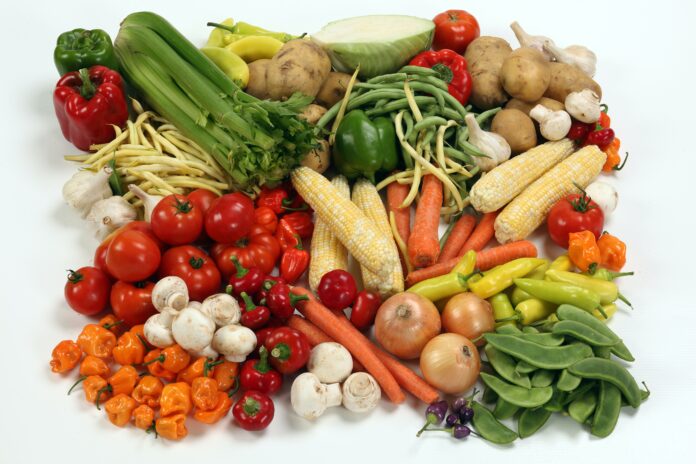As food prices skyrocket and the cost of living continues to climb, many of us are looking for ways to reduce our grocery bills and get more out of the food we purchase. When it comes to fresh produce, however, this can be tricky, as many fruits and vegetables only tend to be usable for very short windows (we’re looking at you, avocados).
One of the best ways to extend the life of your produce is to freeze it, though not all veggies will hold up well in the freezer. Read on to learn more about which vegetables are freezer friendly and which ones you’re better off storing elsewhere.
Easy to Freeze
Firm vegetables such as broccoli, carrots, bell peppers, and legumes have a relatively low water content that allows them to be frozen without significantly changing their texture. While you can freeze them raw, for best results we recommend chopping them into small, uniform pieces and blanching them in boiling water for 2 minutes. Transfer quickly to an ice water bath to cool, then place on a baking grate to drain. Once dry, pack into airtight containers or Ziploc bags and freeze.
Not Freezer-Friendly
Veggies with a high water content such as lettuce, cucumbers, and radishes typically don’t freeze well and will develop a mushy texture when thawed. When used in dishes like soup or sauces that are blended before serving, this may not be an issue, but in general, freezing high-water veggies is not recommended. This also goes for fresh herbs if you’re planning to use them as a garnish.
It’s Complicated
Blanching firm veggies like carrots and beans may help to preserve their texture when freezing, but it’s not absolutely necessary. Mushrooms that are frozen raw, on the other hand, will become borderline inedible when cooked. To help keep them firm, slice and sauté in a little olive oil or steam for about 5 minutes over boiling water and dry in a single layer on a baking sheet before freezing.






